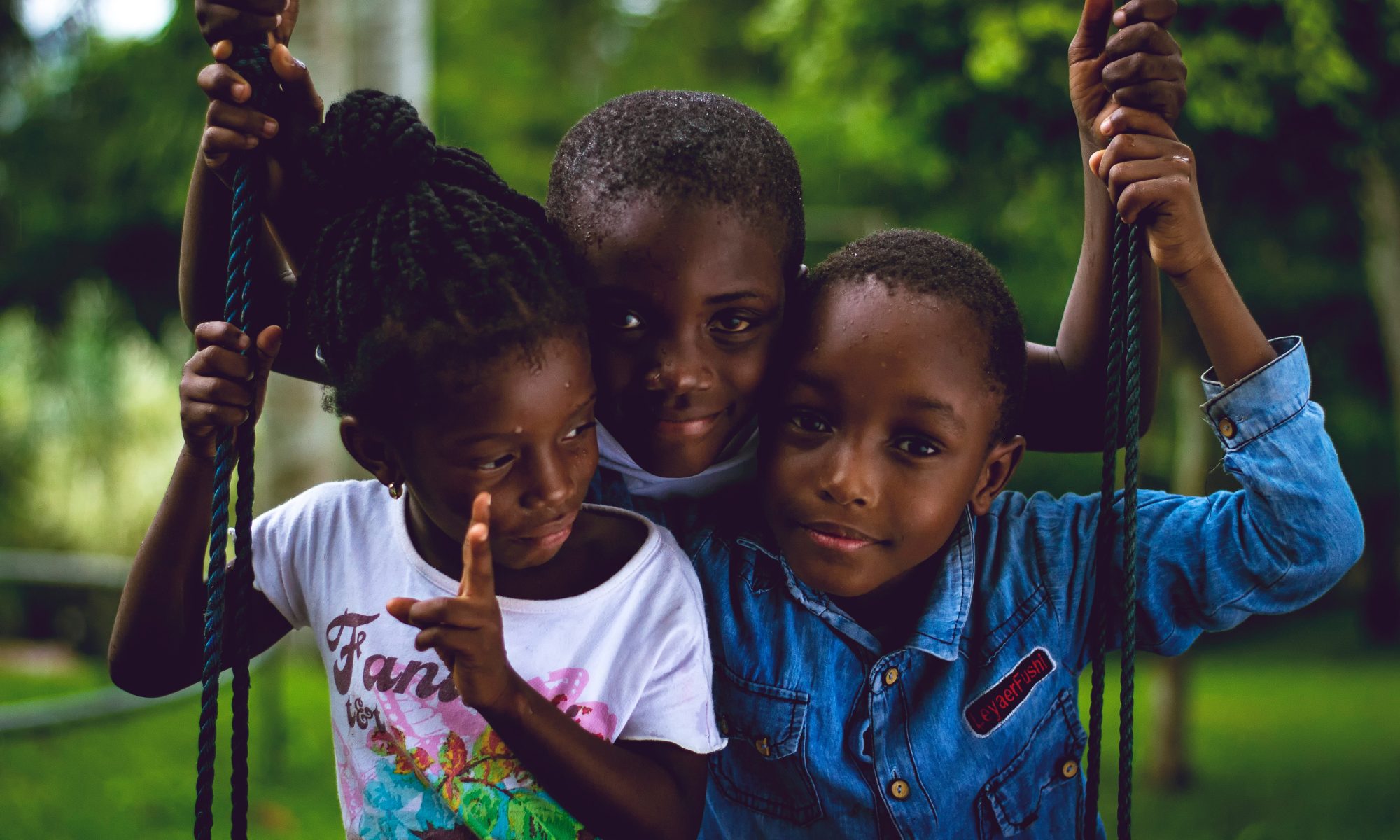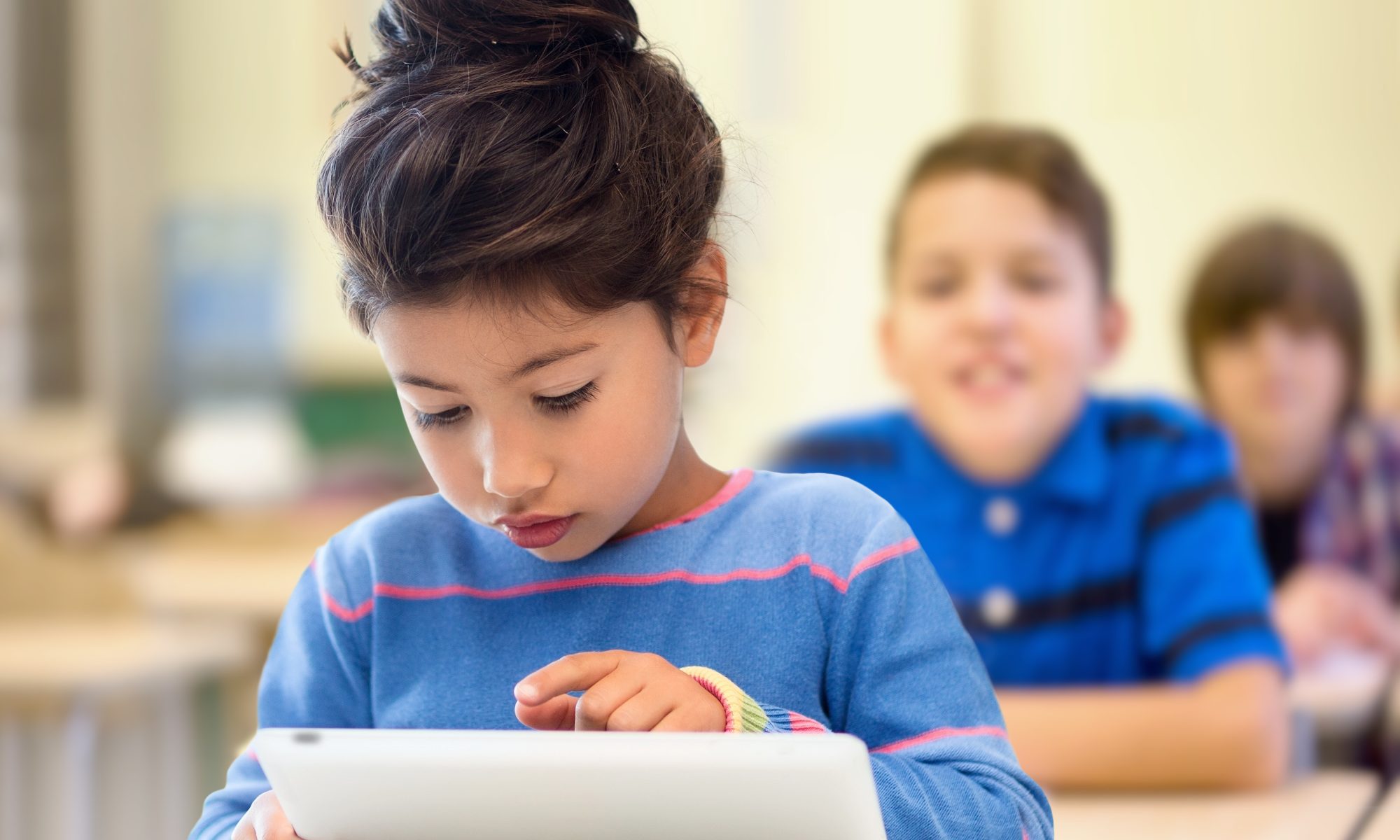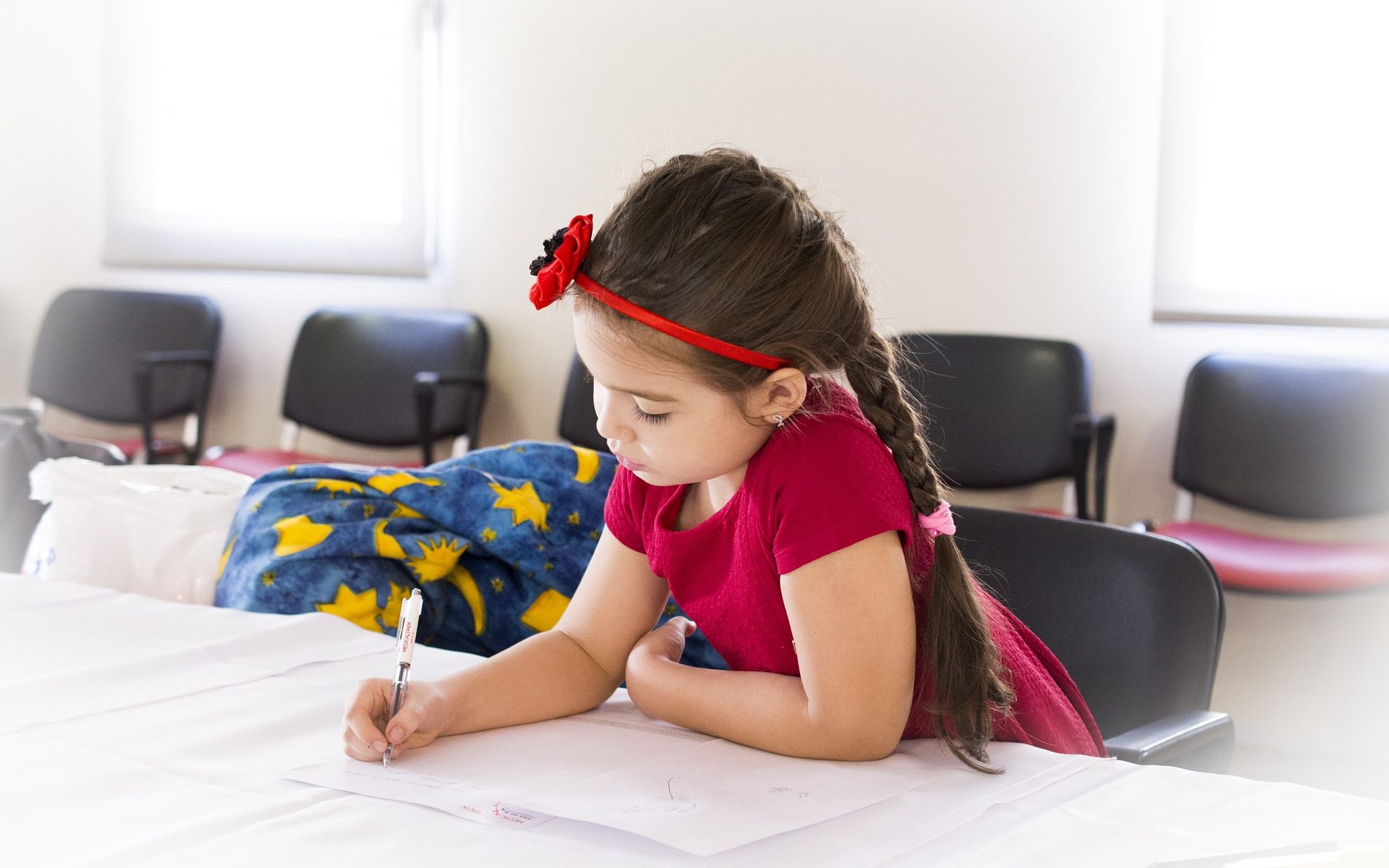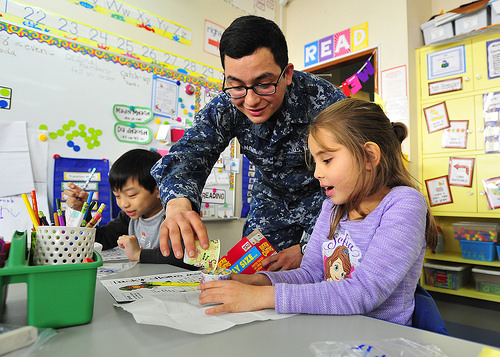Children are not born knowing their own gender. They learn to embrace gender stereotypes based on what they see and experience from other children, adults, and the media. Early childhood is such an important time for children to develop their own identities and creating safe spaces for children to express their identities is crucial to allowing them to flourish and grow. This post explores a few simple ways educators and parents can create welcoming spaces for gender fluid children, including building a diverse classroom, using supportive language, and providing a range of books and toys. The classroom or play space …
Continue reading “Welcoming Children Who Are Gender Fluid Into Our Early Childhood Spaces”










